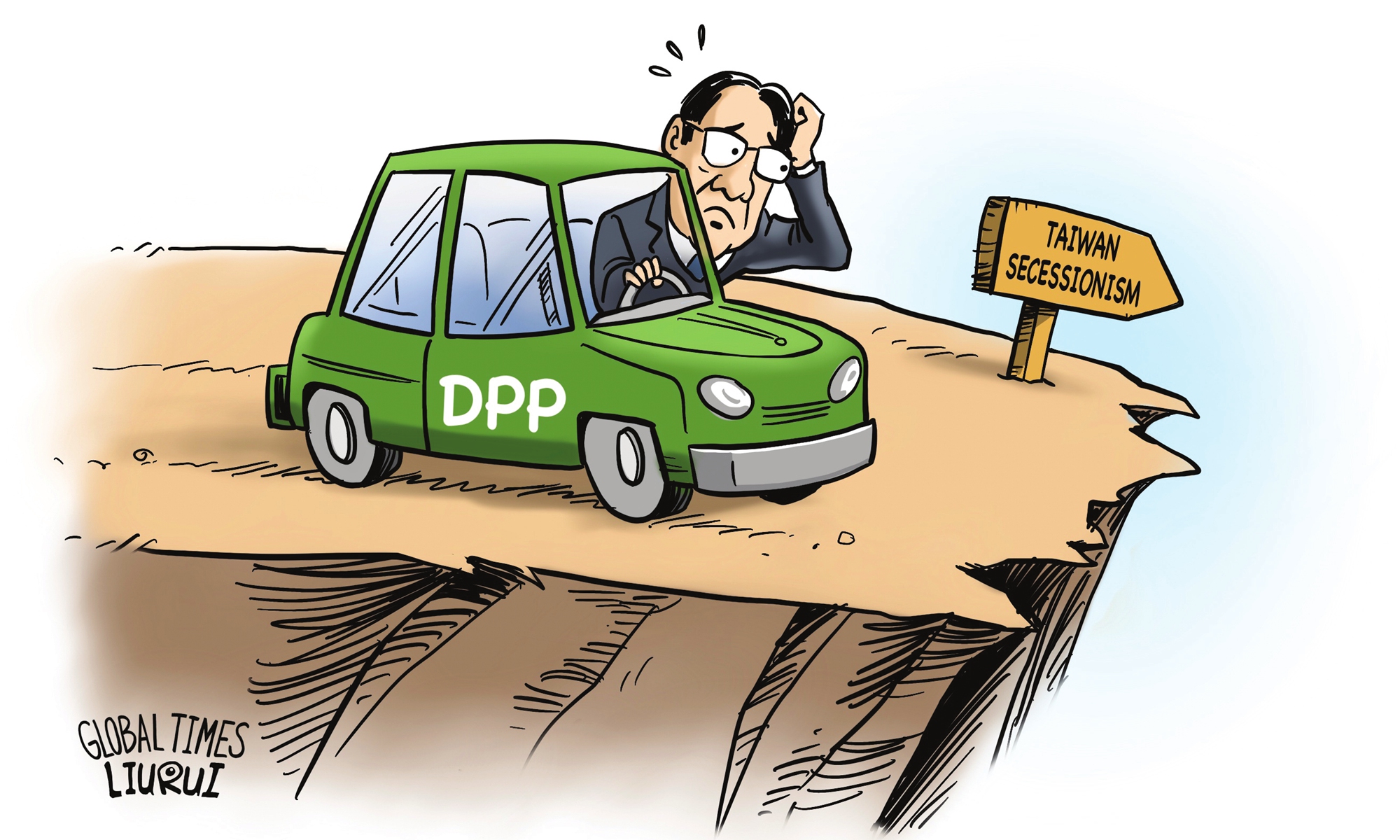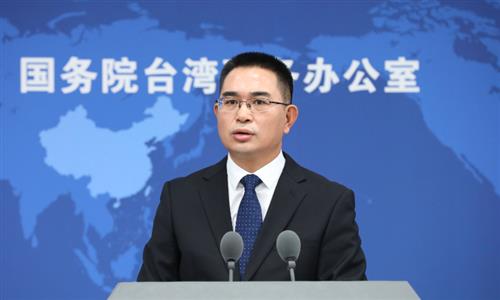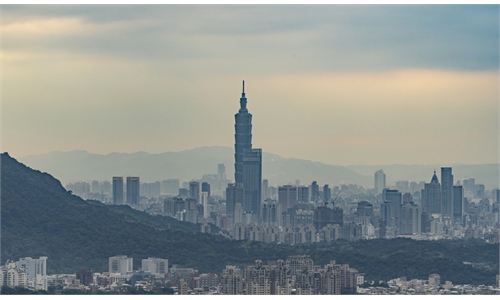
Illustration: Liu Rui/ GT
During the recent summit between Chinese President Xi Jinping and US President Joe Biden in San Francisco, the two leaders exchanged in-depth views on various topics. One such topic was the Taiwan question that concerns the Chinese people on both sides of the Taiwan Straits. Especially with Taiwan's regional leadership election to be held in January next year, the effect of the Xi-Biden summit continues to develop on the island of Taiwan and has profoundly affected the policy choices and related activities of Democratic Progressive Party (DPP) candidate Lai Ching-te.President Xi elaborated on China's principled position on the Taiwan question when he met with Biden for the bilateral meeting. He pointed out that this question remains the most important and most sensitive issue in China-US relations. The US side should take real action to honor its commitment to not supporting "Taiwan independence," stop arming Taiwan and support China's peaceful reunification. In response, Biden reiterated that the US adheres to the one-China policy and does not support "Taiwan independence."
The meeting has a significant impact on Lai, who is preparing for next year's regional election on the island of Taiwan. In fact, the US has sent a clear signal that it cannot exacerbate the risks in the Taiwan Straits or even create a conflict there. Moreover, as the 2024 US presidential election approaches, Biden's top priority now is to vitalize the US economy and fight for a second term of presidency, rather than allowing another war to affect its domestic agenda. Therefore, the US specifically pointed out that it does not support "Taiwan independence," aiming to clearly tell Lai, not to provoke troubles in the Taiwan Straits.
This concern of the US has gradually grown into a "US doubting Lai" theory on the island of Taiwan. For Taiwan society, which attaches great importance to Washington's attitude, such a theory and the US commitment to not supporting "Taiwan independence" have already dealt a blow to Lai's popularity. Several regional polls show that Lai's popularity has seen signs of dropping in recent months.
To clear the doubts of the US, Lai visited the country in transit in August and published an article in the Wall Street Journal to explain his plan to "preserve peace in the Taiwan Straits." He claimed that he would retain Tsai Ing-wen's policies if he became the regional leader and that he had no plans to change the Taiwan island's formal name. In addition, Lai chose DPP politician Hsiao Bi-khim as his running mate just because he is interested in Hsiao's current status as the island of Taiwan's representative in the US. He is also interested in her extensive connections in the country, hoping to use Hsiao to strengthen the understanding and acceptance from Washington. At present, Lai's strategy has not been fully effective. Theoretically, as long as Lai does not give up the idea of "Taiwan independence," the US will continue to have doubts about him, because it knows very well that the Chinese mainland's bottom line is that "Taiwan independence" means war.
The author is a research fellow at the Institute of Taiwan Studies of the Chinese Academy of Social Sciences. opinion@globaltimes.com.cn


